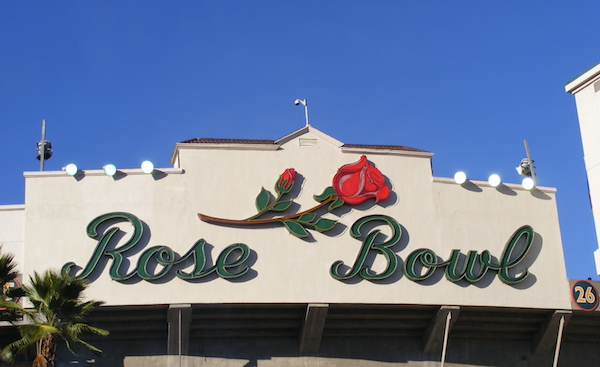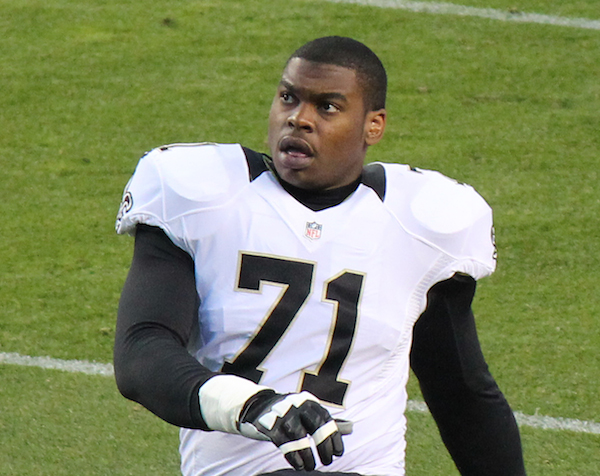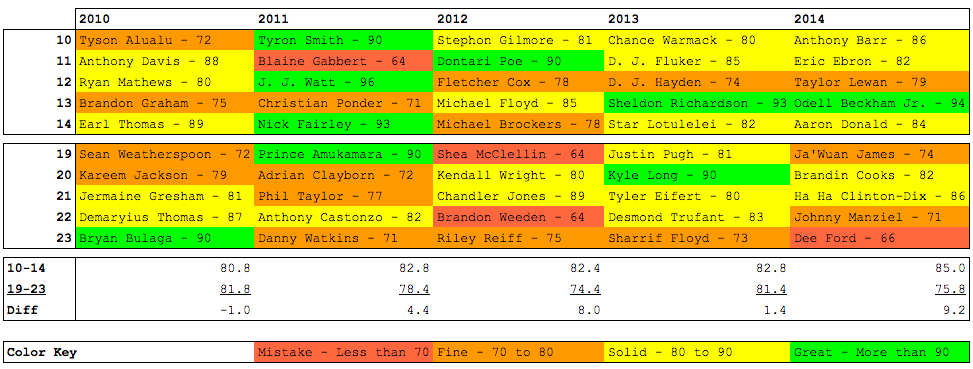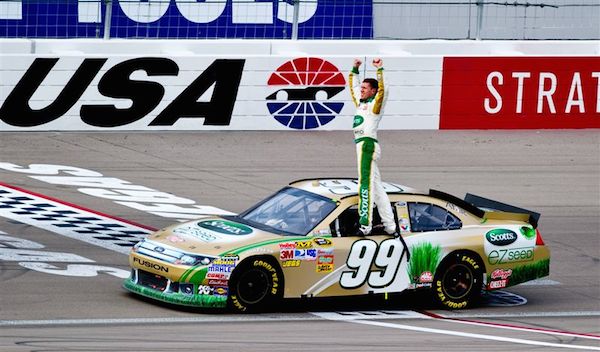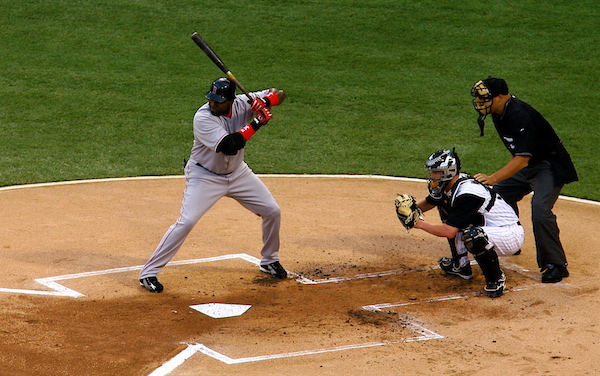In 2015 Dear Sports Fan will be previewing the biggest sporting event of the year in each of the 50 states in the United States plus the district of Columbia. Follow along with us on our interactive 2015 map.
California — The Rose Bowl
College Football — January 1, 2015 — Oregon Ducks vs. Florida State Seminoles, 5 p.m. ET on ESPN.
The Rose Bowl is a college football game with a long history and an exciting present. It has traditionally been played on New Year’s Day and this year is no different. What is different this year is that it will be one of two games playing the role of semifinal games in the new college football playoff system. The winner of the Rose Bowl will go on to play in a National Championship game later in January. This is the first time in recent history that a team could play more than once during “bowl season” and it’s widely seen as either a great innovation, an obvious solution that college football should have adopted years ago, or just another symptom of college football’s never ending slide into hypocrisy and greed. However you see it in the big picture, in the small picture, it’s a prospectively exciting football game. Let’s talk about the plot and learn the characters.
What’s the plot?
This game is likely to be cast as everything that’s bad about college football vs. everything that’s good. The Florida State Seminoles are playing the role of the bad guys here. Why? Well, let’s see. You start out with a racially questionable nickname (although the relationship with the existing Seminole tribe is one area where the college seems to have excelled) add a quarterback who has been arrested but not indicted on sexual assault charges and whose less serious behavior seems evidently dumb from other incidents (he was arrested for shoplifting crab-legs and suspended for shouting a purportedly amusing, sexually charged vulgar phrase) then mix in an New York Times expose on how the football program has warped the justice system over many years and you’ve got exactly the recipe for a team that most people would be happy rooting against. As a bonus, Florida State has won their last 27 games and last year’s national championship. Everyone likes a winner, just not this one. The Oregon Ducks are not necessarily an ideal candidate to play the good guys, but they will be viewed that way just because they are opposing Florida State. The Ducks came to prominence over the last fifteen years thanks to an extremely close relationship with Nike, whose headquarters are near the school. Before they were a good team, they were just the team that seemed to have an infinite number of infinitely bright uniforms. Then, as they got good, they became known for being coach Chip Kelly’s masterpiece of revolutionary, faced paced football. Even though Kelly has moved on to the NFL, the team’s image remains the same — an exciting offensive team that doesn’t quite have enough power to win the biggest games.
Who are the characters?
Jameis Winston — Winston is the quarterback of the Florida State Seminoles. He is the one who has been arrested for sexual assault. I know people are innocent until proven guilty in this country (although that’s a legal rule, not a blogging rule) but I’m more likely to think O.J. Simpson was truly innocent (he’s covering for his son!) than feel good about rooting for Winston. I think this is a pretty wide-spread belief (not the O.J. part) and that says moderately good things about our country. Winston has also never lost a college football game, and if he wins his last two this season before turning pro, he should probably be considered one of the best five players in college football history. Ouch. Marcus Mariota — As long as Mariota can get through the month without shredding his knees, he will be the first pick of next year’s NFL draft. He’s the prototypical modern quarterback. He’s tall (6’4″), fast (sub 4.5 seconds for the 40 yard dash, which is faster than you can imagine), and a good decision maker. If were were better than terrible at identifying good NFL quarterbacks, Mariota would be a sure thing. He’s also a senior, playing his third year for the Oregon Ducks (he sat out his freshman year.) When he won the Heisman trophy this year, he became the first Hawaiian born player to ever get that honor given to the best college football player each year. Mark Helfrich — Who? Right, that’s the point. Even sports fans don’t know who Mark Helfrich is. He’s the head coach of the Oregon Ducks. Reading this excellent article about him by Michael Weinreb in Grantland makes me feel like maybe the whole good vs. bad plot is actually legitimate. Here’s a few tidbits about Helfrich. He grew up in Oregon and loved the Ducks as a kid, even when they were terrible. He played college quarterback for Southern Oregon and later as a pro in Austria during the NFL’s flirtation with developing a minor league in Europe. Instead of screaming and yelling, like many coaches do during the game, he is “thorough and utterly prepared and calm on the sideline, an intellectual at heart who happens to be a football coach.”
Who’s going to win?
Oregon is actually favored by nine points. I take this to mean two things. First, that Vegas thinks Oregon is a little better than Florida State. And second, that Vegas thinks way more people want to bet on the good guys than the bad guys. I think Oregon will win but I fear Florida State might.

